9 Things to Know About the Postpartum Stage
This post may contain affiliate links, which means I’ll receive a commission if you purchase through my links, at no extra cost to you. Please read full disclosure for more information.
Last updated on April 7th, 2024 at 03:04 pm
If you’re here, it’s probably because you’re wondering what the postpartum stage is like and how you can prepare for it. Full disclosure: this blog post might get a little gross. We’re getting down and dirty with the details, so prepare yourself. These are all things you need to know.
When I gave birth to my first son, I quickly realized afterward that I was not ready for the postpartum stage. I kept telling myself that I would read about it, but then my son came a month early. So, I really had no idea what the postpartum stage was all about.
Hopefully, we can prevent that for you or at least bring you up to speed quickly with these things to know about the postpartum stage. My goal is to help you prepare the best way I can because it can seem really scary. So, let’s talk about the immediate aftermath of birth.
You’ll need to be honest with your nurses
Nurses tend to switch over after a 12-hour shift, so you’ll probably have a few as you’re recovering in the hospital. If your pain level is high, let them know. If you feel like something is wrong, tell them. Absolutely let them know if your bleeding seems too heavy or you see a clot that seems too big. Communicate with your nurses and advocate for yourself.
There’s going to be a weird sort of pain down there
It’s going to be raw down there, and there’s probably going to be pain or a feeling of irritation. Especially in that early time after you’ve given birth, witch hazel pads and a squirt bottle are going to be your best friends.
Witch hazel pads (often used in combo with ice packs) are great for easing your vaginal pain, and they can even help with hemorrhoids. They’re miracles. These are the witch hazel pads they gave me in the hospital, and I recommend getting extra.
A peri bottle or squirt bottle is great for gently cleaning yourself after peeing, and they help soothe the area a bit. I had a regular squirt bottle, but the one linked above is best. The angle makes things easier.
Again, let your nurses know if something feels off and be willing to accept pain meds. I might be alone in this, but I probably could have saved myself some hassle if I had just taken Tylenol regularly for a bit.
You’ll be bleeding for awhile
The postpartum stage is accompanied by long-term bleeding. How long the bleeding lasts varies widely among mothers, but expect heavy bleeding for three to ten days. It’s similar to a very heavy period, with it eventually tapering off into more brownish blood, just like at the end of your period.
It can last anywhere up to six weeks. Keep an eye on how much you’re bleeding and look for any clots or bleeding that is too heavy (like if you’re going through a pad an hour). Call your doctor if you’re concerned.
Nothing goes up there during your recovery period, so you’ll be using pads. Honestly, the mesh underwear and heavy pads they give at the hospital are amazing, so be sure to get extra. You can buy extra too. They’re honestly the comfiest. Once you run out of that, I would heavily recommend adult diapers. Embarrassing to buy, but much better for postpartum.
Your hormones are going to be crazy
After the birth comes the crash. Once you give birth, your estrogen and progesterone levels are going to drop – quickly and dramatically. Meanwhile, you’re being flooded with oxytocin, which is the hormone that helps you bond with your baby, but it can also cause anxiety and stress. This is going to seriously mess with your emotions, which are already haywire with the stress of a new baby. This is typically the cause of any “baby blues.”
Keep an eye on your feelings and watch out for intense emotions that might actually be postpartum depression. If you’re feeling overwhelming sadness or a feeling of intense hopelessness, call your doctor. If you’re worried about hurting yourself or the baby, call 911.
It might take months for your hormones to level out, so please get help if you need it.
You’ll be terrified to poop
Seriously. Terrified. It didn’t occur to me until after I had given birth that, at some point, I would need to push out a bowel movement. It was a deeply uncomfortable thought, given what I had just gone through. When I expressed that fear to my nurse, she immediately put me on Colace to make it easier.
Honestly, just go on Colace near your due date and ask for it after you’ve given birth. It both makes the actual bowel movement easier and alleviates some of that stress. Eating well and staying hydrated will also help with both this and the intense fatigue you’ll be feeling. Fiber is good.
It’s going to take time for your milk to come in
Contrary to popular belief, your breast milk does not come in immediately. It’s going to take some time after you give birth, usually around 3-5 days. The good news is that while your milk is coming in, you do produce something called colostrum. This amazing substance your body produces is basically rich, thick milk that is extremely high in nutrients. You’ll barely produce any, but it’s still all your baby needs in their early days. They’ll be all set until your full supply comes in. Just keep working with your baby until your body starts producing. (Or don’t. Formula is great too.)
You’re going to need time
It takes a minimum of six weeks to recover from a regular vaginal birth, and quite frankly, having given birth, I think that’s way too soon to consider yourself all better. You might have an easier time than I did, but just be aware that your body has gone through some serious trauma. If you have a really rough birth or a C-section, it could take much longer than six weeks.
It’s just going to take time for you to really feel like yourself again. You’ll need to be gentle with yourself. Avoid putting undue pressure on your body, and that even includes going up and down stairs in those early weeks. That doesn’t mean you shouldn’t move and get exercise, but it does mean being gentle and kind to your body. Listen to it when it’s telling you to stop.
You might need to see a pelvic floor physical therapist
This is one of my best tips for the postpartum stage. Seriously, seeing a PT for my pelvic floor was one of the best decisions I ever made. If you find yourself peeing when you sneeze, I would recommend seeing one. Honestly, I think all postpartum moms should see a pelvic floor PT. It changed my life. They’ll help you recover in a way that makes sense for your body and your delivery.
It might be a bit before you want to have sex
This is fine. This is natural. Your vagina has gone through a trip, to say the least, and it might be time before you are both physically and emotionally ready for sex. Doctors heavily recommend against sex in those first six weeks anyway, but it might take you longer than that. Communicate with your partner. Let them know what’s going on. You’ll be ready when you’re ready.
The postpartum stage is no joke. It’s a roller coaster, and your body goes through a lot. Be kind to yourself. Rest as much as humanly possible. Be honest with your doctor and advocate for yourself if you feel they’re not taking your concerns seriously. If you’re wondering about the newborn stage, we’ve got you covered on that front too. You’ve got this.

Erin Lafond is a writer, website creator, and mom. She survived new motherhood by Googling things a lot, calling her mother, and embracing trial and error. Now, she shares her knowledge with all new moms. She lives in New Hampshire with her husband and two sons.

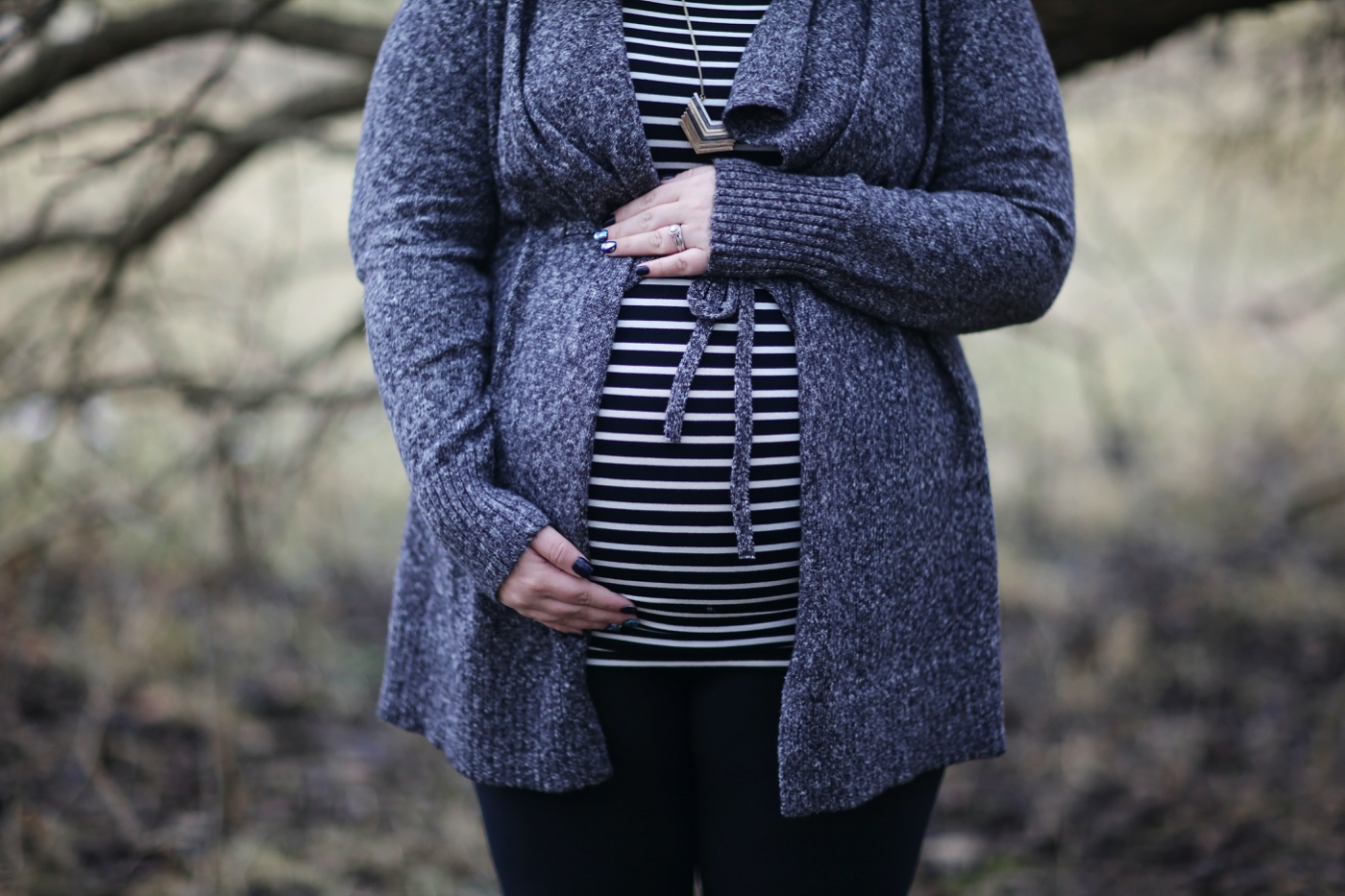



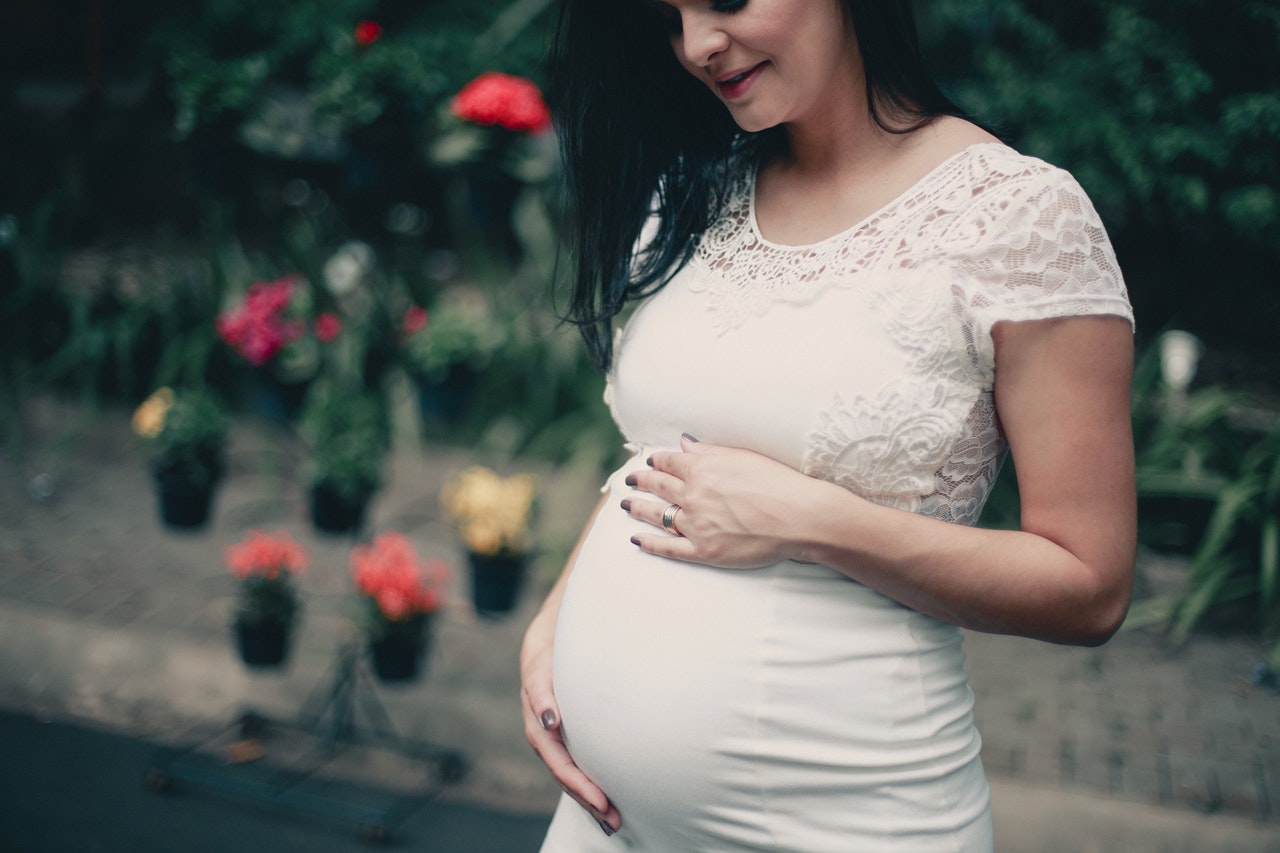
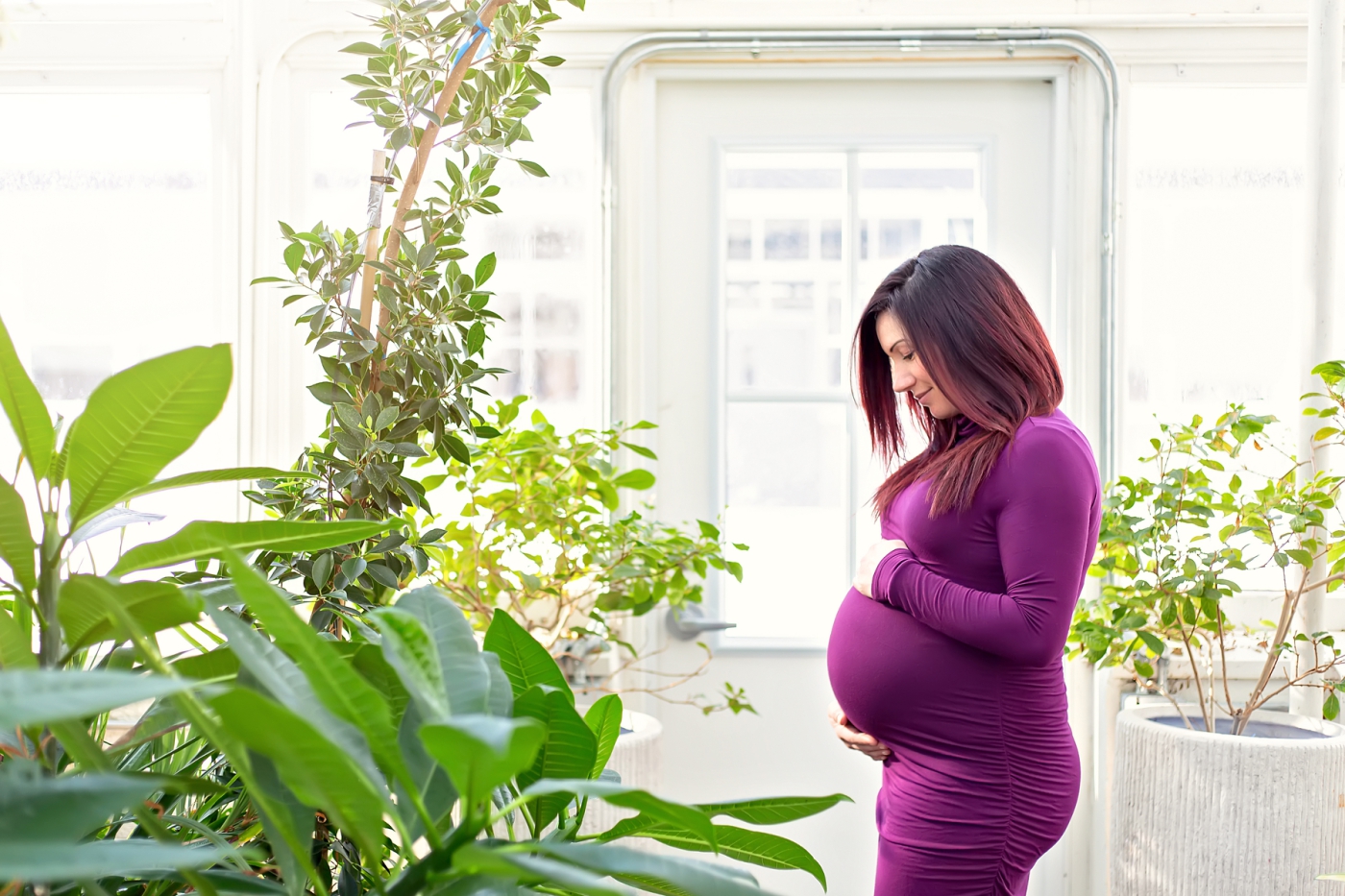
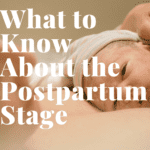
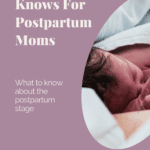
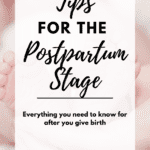
One Comment